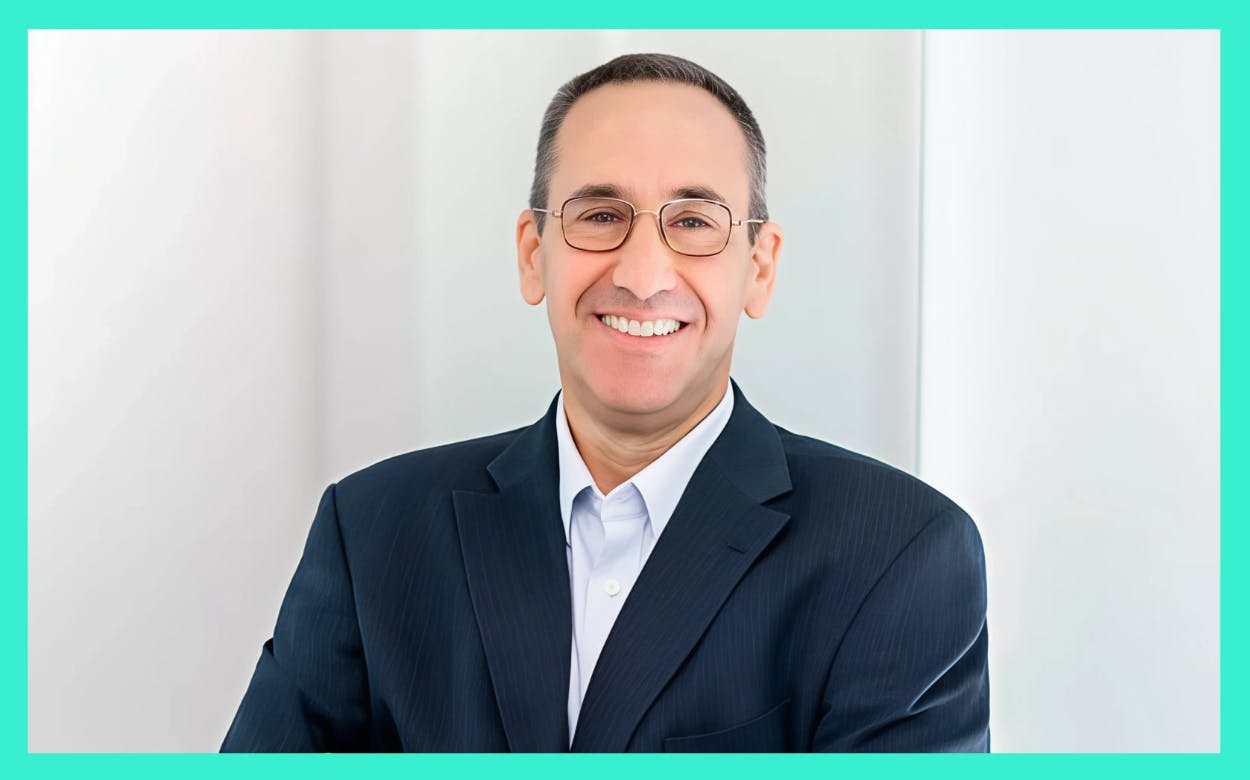Ran Frenkel (CEO and Co-founder, Polaroid Therapeutics)
Ran is the co-founder and Chief Executive Officer at Polaroid Therapeutics (PTx). With over 25 years of experience in the pharmaceutical industry, holding international roles in various levels of executive management, business development, and fundraising, drug development & clinical operations, strategy, and innovation, his career spans the experience of working across companies from the smallest start-up ventures, through biotech and medical device companies to large Contract Research Organizations (CROs) and pharmaceutical companies.

How would you describe your work if you were speaking to a 5-year-old?
At Polaroid Therapeutics (PTx), we develop advanced bandages and dressings that help wounds heal better. Think about how your body naturally heals a cut. It creates a scab and gradually repairs the damaged skin. For larger or more complicated wounds, this process can be challenging. Our special wound dressings contain innovative antimicrobial technology that helps fight harmful bacteria that might cause infections. These dressings also maintain the perfect moisture and environment for the wound, not too wet and not too dry, which is perfect for protecting the wounds and allows the body to repair much faster.
What do you wish people understood better about antimicrobial resistance?
Antimicrobial resistance (AMR) is one of the most pressing global health challenges of our time, and it requires greater understanding and urgency. It occurs when bacteria and other microorganisms develop resistance to the effects of antimicrobial drugs. These bacteria can develop resistance through genetic mutation, horizontal gene transfer and more. While this is a naturally occurring phenomenon, it has been significantly accelerated by human activities, resulting in “superbugs” resistant to multiple antibiotics.
The impacts of AMR are far-reaching, including increased mortality, increased healthcare spending, and a fundamental threat to modern medicine. It is important to realise that AMR is not a threat to the future; it is a present-day reality, leading to about 700,000 deaths a year globally.
Addressing this requires coordinated responses including antibiotic stewardship, innovation in treatment solutions, robust surveillance systems, and enhanced infection prevention. At PTx, we are contributing to this fight by developing novel antimicrobial technologies that can overcome existing resistance mechanisms, aiming not only to address current resistant infections but also to slow the development of future resistance.
What’s an underestimated aspect of technology's role in combatting AMR?
The power of advanced diagnostics and data analytics is really underestimated in the fight against AMR. Rapid diagnostics can identify specific pathogens and their susceptibilities within hours rather than days, allowing targeted treatment. This is crucial for reducing the overprescription of broad-spectrum antibiotics, which are a major driver of resistance.
Moreover, data analytics and AI offer tremendous potential to monitor resistance patterns globally, predict emerging threats and optimise treatment protocols. By aggregating and analysing data across healthcare systems, we can develop early warning systems for resistance outbreaks and guide more strategic use of antimicrobial resources. These technological approaches don’t just help us react to AMR, they help us get ahead of it through prediction and prevention.
What advice would you give to our audience of up-and-coming health innovators?
To up-and-coming health innovators, I would offer these four pieces of advice:
One, embrace collaboration across different disciplines and stay curious and engaged with the latest research. Two, don’t hesitate to challenge the status quo; healthcare needs bold thinkers who can envision and create new possibilities. Three, always keep patient outcomes and experiences at the center of your innovations, remembering the human element in technological advancements. And four, believe in your technology and have the passion to help others. Be persistent and don’t give up easily.
By combining these approaches, you can make meaningful contributions to healthcare and potentially transform the landscape of global health.